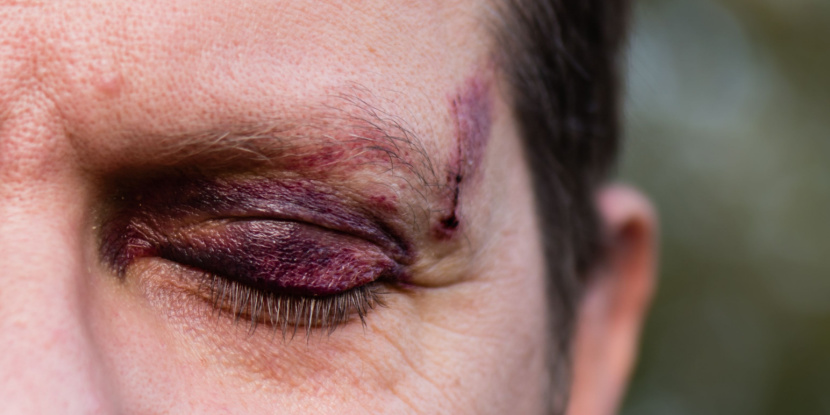Icd 10 Seasonal Allergies: Powerful Strategies to Find Relief
Icd 10 Seasonal Allergies is a coding classification system used by healthcare professionals to identify and categorize various types of seasonal allergies. Seasonal allergies, also known as allergic rhinitis or hay fever, are a common health condition characterized by an allergic reaction to outdoor airborne substances such as pollen, mold spores, or grass.
These allergies can cause symptoms like a runny or stuffy nose, watery and itchy eyes, sneezing, coughing, and fatigue. In order to accurately diagnose and treat seasonal allergies, healthcare professionals use a standardized coding classification system known as Icd 10.
This system allows for the identification and categorization of specific types of seasonal allergies based on their symptoms and severity. Understanding Icd 10 Seasonal Allergies coding is crucial for healthcare providers to ensure accurate diagnoses and appropriate treatment plans for patients affected by this common condition.
Lifestyle Changes For Managing Seasonal Allergies
Managing seasonal allergies requires making lifestyle changes, starting with creating an allergy-free home environment. Maintain cleanliness and minimize allergens indoors by regularly cleaning and vacuuming. Use air purifiers and consider investing in hypoallergenic bedding to reduce exposure to dust mites.
Practicing good hygiene habits, such as washing hands frequently and showering after spending time outside, can also help prevent allergens from spreading. Modifying outdoor activities and schedules can significantly minimize exposure to pollen. Check local pollen forecasts and try to stay indoors when pollen levels are high.
Consider wearing a hat and sunglasses to protect your face from pollen when you do go outside. By implementing these lifestyle changes, you can effectively manage your seasonal allergies and enjoy a more comfortable life.

Credit: www.healthline.com
Medication Options For Allergy Relief
Seasonal allergies can be a real nuisance for many people. Fortunately, there are several medication options available to provide relief. Over-the-counter antihistamines are a popular choice, as they can help alleviate symptoms such as sneezing, itching, and runny nose. Nasal sprays can also be effective in reducing inflammation and congestion.
For more severe allergies, prescription medications may be necessary. These can include stronger antihistamines, nasal sprays with corticosteroids, or even oral corticosteroids. It’s important to consult with a healthcare professional to determine the best course of action for your specific allergy symptoms.
By identifying the triggers causing your seasonal allergies and choosing the appropriate medication, you can enjoy a more comfortable and symptom-free season.
Alternative Remedies And Natural Relief Methods
Seasonal allergies can be managed with alternative remedies and natural relief methods. A well-balanced allergy-friendly diet is crucial for reducing symptoms. Incorporate foods rich in vitamins and nutrients to support immune system function. Herbal remedies and supplements may provide relief, such as nettle leaf extract or probiotics.
These natural options can help alleviate allergic reactions. Managing stress is also key in minimizing allergy symptoms. Practice stress-reducing techniques like meditation, deep breathing or yoga. Create a calming environment to promote overall well-being. By adopting these methods, individuals can find natural relief for their seasonal allergies.
Immunotherapy Options For Long-Term Relief
Immunotherapy options for long-term relief include sublingual immunotherapy (SLIT) and allergy shots (subcutaneous immunotherapy). SLIT involves placing allergen extracts under the tongue, while allergy shots are injections given beneath the skin. Both treatments aim to desensitize the immune system to allergens, reducing the severity of allergic reactions over time.
SLIT is convenient and can be self-administered at home, making it a popular choice for those with busy lifestyles. Allergy shots, on the other hand, are typically administered by a healthcare professional and require regular visits to the clinic. While SLIT and allergy shots can provide long-lasting relief from seasonal allergies, it’s essential to consult with a doctor to determine the most suitable option based on individual needs and medical history.
With the right immunotherapy, individuals can experience a significant reduction in allergy symptoms, allowing them to enjoy the changing seasons without discomfort.
Conclusion
Allergy season can be a challenging time for many individuals, but understanding the codes and classifications related to seasonal allergies can help in managing and treating the symptoms effectively. With the implementation of ICD-10 codes, healthcare professionals are able to document and identify seasonal allergies with more accuracy and detail.
The use of these codes facilitates seamless communication between healthcare providers, insurance companies, and other parties involved in the healthcare process. It allows for more efficient treatment plans and helps in determining the most appropriate interventions for patients. Additionally, ICD-10 codes aid in research, data analysis, and tracking the prevalence of seasonal allergies over time.
By staying updated and knowledgeable about ICD-10 codes related to seasonal allergies, healthcare providers can ensure better patient care and outcomes. So, harness the power of ICD-10 codes to effectively navigate the allergy season and provide optimal care to those in need.





